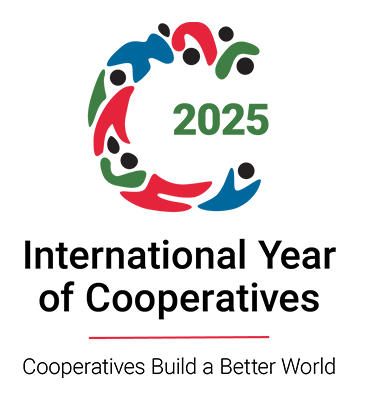Filter
The drugs used for giving anaesthesia are potentially dangerous & do have some side effects. Moreover the human body may react differently to different procedures /drugs in spite of using them in optimal dosage.Hence there is always some inherent risk involved in anaesthesia despite the best precautions, care, and expertise of the an aesthesiologist.
By pricking a needle in the vein, glucose (drip) is started. Then theme dications/drugs are given through that drip. In small children orin whom it is difficult to find a vein, anaesthesia can be given by asking the patient to inhale the drugs/medication by keeping a maskover patient’s face. Chloroform is not used these days because of its side effects. These days we have better agents than chloroform.
YES- As no surgery is possible without anaesthesia.
Preparation of the drugs, checking of anaesthesia machine, monitors& other lifesaving equipment Before the start of any anaesthesia is extremely important & has to be done with utmost care. This is almost like performing the cockpit drill ( checking of the aircraft before flying).This usually takes 15-20 minutes but make take more depending upon the case. However the actual administration of drugs(like the actual takeoff of a aircraft) does not take more than a few seconds or at the most couple of minutes.
This isdone in the interest of the patient. If the patient is having some medical problem that can be treated/cured, it is safer to postpone the operation, to treat/ cure the medical problem first and then operate as the operation in the patients with untreated medical problems carries greater risk. However, in case of emergencies there is no choice but to go ahead with the surgery. In that case the patient is apprised of the urgency of the situation and the higher risk involved therein.However the operation is undertaken only after the patient gives the consent for the same.
PAC-Pre anaesthetic Checkup is the medical check up and certain laboratory investigations done by the anaesthesiologist before the operation to assess the physical status and any other medical problems/ diseases the patient might be suffering from.
As mentioned earlier, the administration of anaesthesia is some what similar to art of flying of aircraft. In spite of a confirmed ticket,for the safety sake,passenger may be denied a boarding pass or the flight may be cacelled at the last moment due to some snag in the aircraft, bad weather, pilot reporting sick etc. Similarly the appearance of some fresh symptoms in the patient, abnormal lab tests reports just before the start of operation or some fault in the anaesthesia machine & monitor may be a reason for the delay or postponement. However this is done for thesafety of the patient.
PAC is done to ensure safety of the patient. It provides an opportunity to treat the patient’s other medical diseases, the patient might be suffering from and to make the patient as fit as possible before the operation so that the risk involved in the operation can be minimized.
No the risk of anaesthesia is same even if the surgery is minor.
Answer all the questions truthfully to the anaesthesiologist.
Inform about all other illness/ allergies that you might have/had, even if you feel it is unrelated to your present surgical problem e.g. Diabetes,High B.P., Asthma, cough, cold etc.
Inform about any kind of medications you are taking.
Inform about previous history of operation & the outcome of anaesthesia.
Anaesthesia is given by the use of drugs (medications) that allows surgery(operation)to be performed without pain/ discomfort. It can either be Local/Regional - in which only the exact part/region of the body tobeoperated upon is made senseless while the patient remains conscious or General (GA) - making the patient completely unconscious.
Follow the preoperative advice including fasting time & medications very meticulously.
Evening otherwise healthy patient the risk of anaesthesia is there -although minimal. In simple words, like the risk involved in crossingthe road orrisk of accident while traveling in a bus/train or the risk of aircrash in spite of all checks & precautions. In the patients who are having other medical/surgical problem, the risk is more depending upon their physical status. The risk is also more during emergency operations as the anaesthesiologist may not have much time to correct/treat other associated medical problems the patient might be suffering from.
The Anaesthesiologist is a specialized physician who not only administers anaesthesia but also provides intensive care including control over the patient’s vital functions (heart rate, B.P, respiration, temperature etc) during the surgery and at the end of surgery reverses the anaesthesia to make the patient awake and conscious and also makes him pain free.
Anaesthesiologists usually give some medications so that you do nothave pain after theoperation. In case of any discomfort, please informthe doctor/nurses onduty.


 Lok Nayak Hospital
Lok Nayak Hospital 


